What's the meaning of the Cinnabar (alternate #1) »
Cinnabar (alternate #1)
This page is about the meaning, origin and characteristic of the symbol, emblem, seal, sign, logo or flag: Cinnabar (alternate #1).
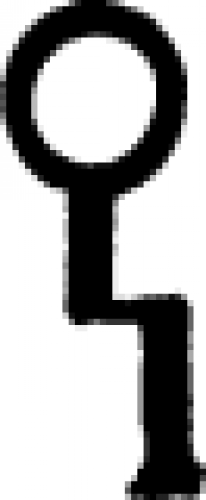
A symbol used to designate cinnabar, a bright red mineral with a rather toxic physical nature, in the 18th century text of Diderot's Encyclopedia.
In the practice of alchemy, cinnabar is the raw material from which mercury can be derived. It has also been used in other capacities for centuries. The ancient Mayans, for example, spread cinnabar in and around tombs and on the bodies of the deceased to discourage robbers. A prime example of this practice was found in the tomb of King Pakal the Great of Palenque.
- 825 Views
Graphical characteristics:
Asymmetric, Closed shape, Monochrome, Contains both straight and curved lines, Has crossing lines.
Category: Alchemical Symbols.
More symbols in Alchemical Symbols:
Alchemical symbols, originally devised as part of alchemy, were used to denote some elements and some compounds until the 18th century. Note that while notation like this was mostly standardized, sty… read more »
Citation
Use the citation below to add this symbol to your bibliography:
Style:MLAChicagoAPA
"Cinnabar (alternate #1)." Symbols.com. STANDS4 LLC, 2025. Web. 25 Feb. 2025. <https://www.symbols.com/symbol/cinnabar-%28alternate-%231%29>.
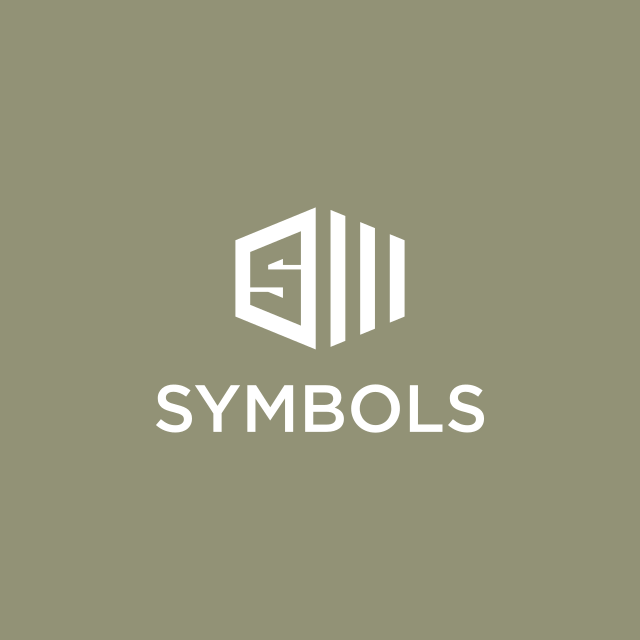


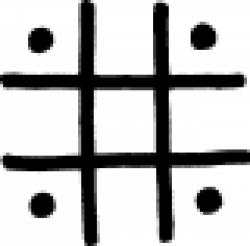

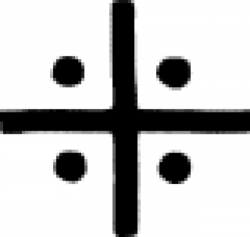

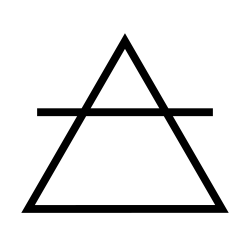




Have a discussion about Cinnabar (alternate #1) with the community:
Report Comment
We're doing our best to make sure our content is useful, accurate and safe.
If by any chance you spot an inappropriate comment while navigating through our website please use this form to let us know, and we'll take care of it shortly.
Attachment
You need to be logged in to favorite.
Log In